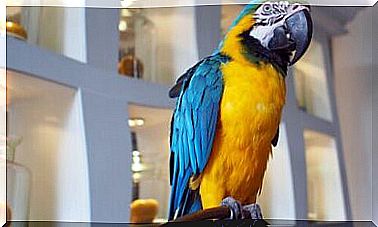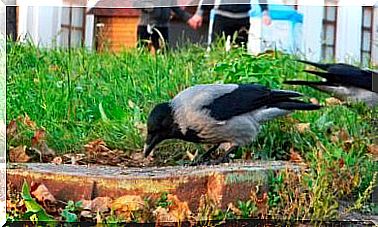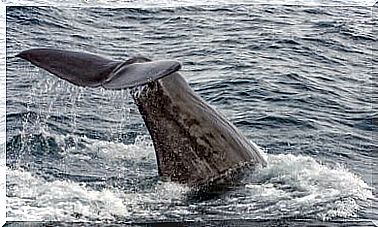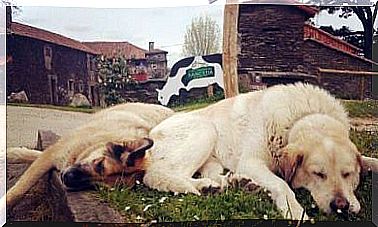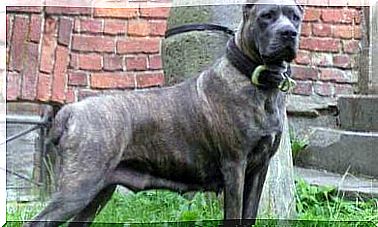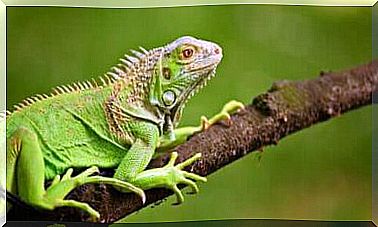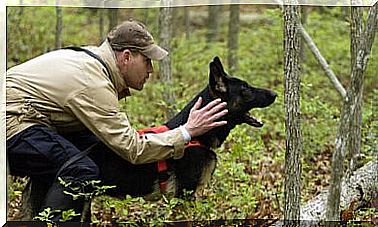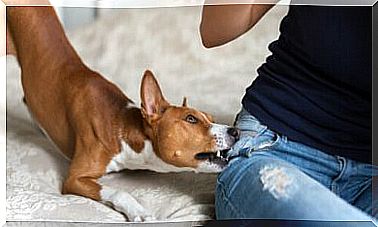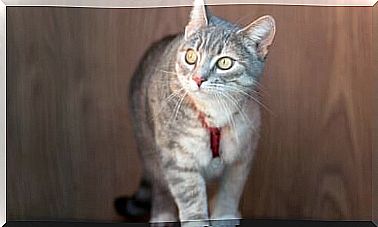Care For Cats In Old Age
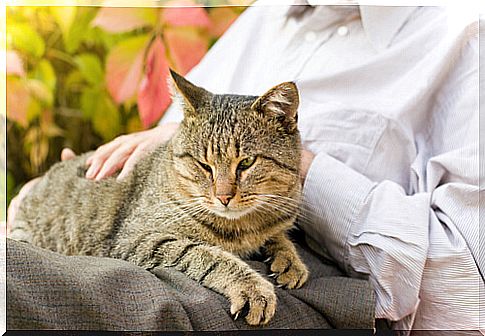
It is always convenient to be concerned about the care that we should have with cats during any stage of their lives, however, it is even more important when these animals reach old age. At this stage, it is necessary to increase control over the feline’s physical state and go to the veterinarian more often.
When does the cat reach old age?
The old age of cats starts from the age of eight, although this period can be delayed until the age of ten, as long as they have had an exceptional life condition.
Due to degenerative processes, elderly cats can have more medical problems than they used to suffer during their young phase, although this also depends on the care they have received throughout their lives and, of course, on their nutrition.
However, there are other elements alien to the cat’s life, such as the environmental conditions of the place where it lives and genetic factors.
What are the most common diseases of felines?
Over the years, cats can suffer from a number of age-related diseases, such as inflammation of the intestines, dental problems, cardiovascular problems, diabetes, pancreatitis, cancer, arthritis, loss of vision and hearing, among others, which can negatively affect their quality of life.
Whether they will suffer from one or another illness, whether severe or mild, will largely depend on how they were cared for in relation to health and nutrition, both during their youth and in the early period of their old age.
Why is a veterinary evaluation important?
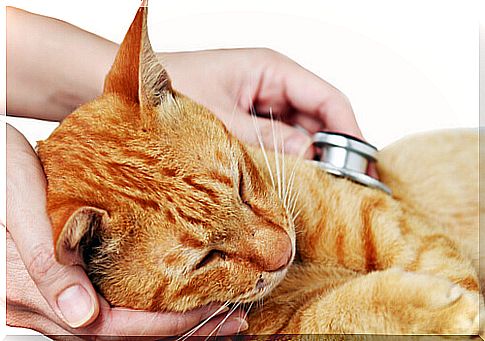
Even though a cat appears to be healthy and looks good, that doesn’t mean you don’t have to take it to the vet for the necessary tests.
Therefore, it is convenient for a specialist to perform an analysis of red blood cells, urine, a physical examination, check your diet, nails, teeth, skin and control your weight at least once a year.
If the house cat has some minor health inconveniences, the veterinarian should perform a routine check, as well as an electrocardiogram or chest x-ray.
If the animal is not well and suffers from more serious problems, then it will be necessary to add to the previous exams an abdominal X-ray every six months.
In addition, the application of regular vaccines to your feline, according to its age, should not be forgotten. When old age arrives, you will have to vaccinate him with FVRCP (against feline viral rhinotracheitis, calicivirus and panleukopenia), against chlamydia, rabies, feline leukemia and bordetellosis .
Parasites on cats during their old age
During old age, it will be necessary to monitor the cat’s weight, as it can become too thin or too fat, however, this does not always have to do with health problems. It is also necessary to control the appearance of parasites in the feline, as they can cause infections.
How do you know what kind of parasite infests your cat?
A stool test lets you know what kind of worm is infesting your cat, and your veterinarian can tell you how to eliminate it with medication.
In addition, heart, eye, urine and blood tests need to be done routinely and the specialist will need to clean the animal’s ears once a month or every other month.
It is also essential to be aware of your cat’s appetite if it has an abnormal odor, persistent cough and wounds that do not heal, as this can be a warning of an infection or illness.
take care of food
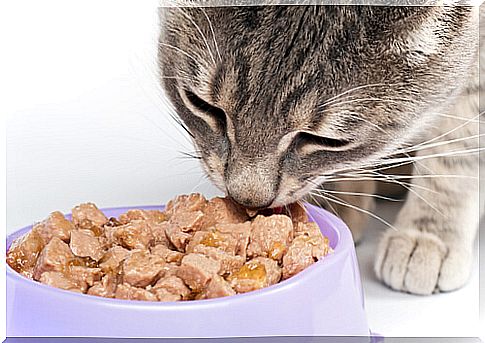
A key thing for health problems to improve during old age is to offer them many small portions of food throughout the day.
If the cat has hyperthyroidism, then it will have to increase the energy content of the food so that it doesn’t lose too much weight.
Oral hygiene and dental health
To prevent teeth from falling out by the action of tartar, it will be necessary to offer your pet dry food so that the teeth are excellent.
This type of feeding removes dirt deposits that form between the teeth.
In case your cat has damaged teeth, then you will need to give him soft food and cut it into small pieces.
In addition, the water that is served to the elderly feline will have to be cold so that it does not suffer from dehydration, as it can upset its body temperature and change its perception of thirst.
Taking care of an elderly cat is more difficult than taking care of a young one, so you will need more time and patience to ensure the cat’s well-being.
